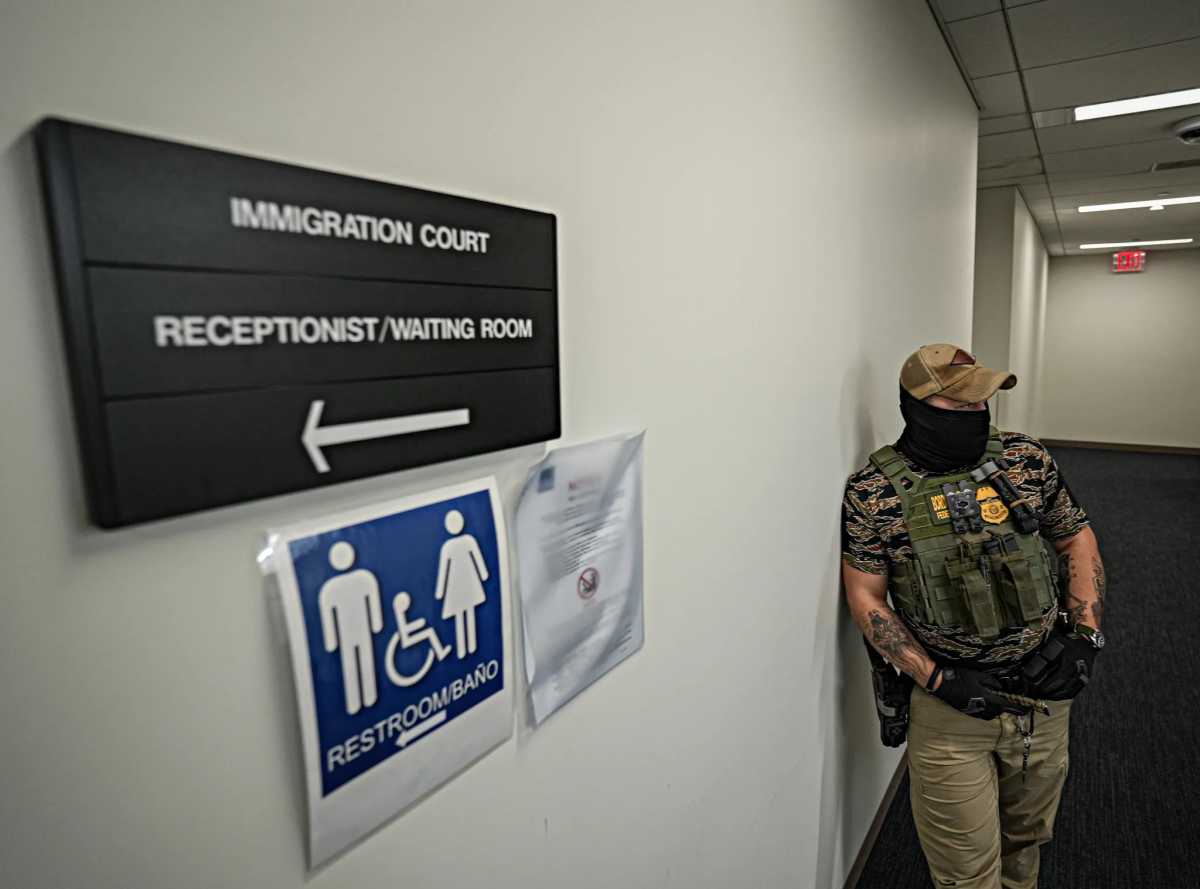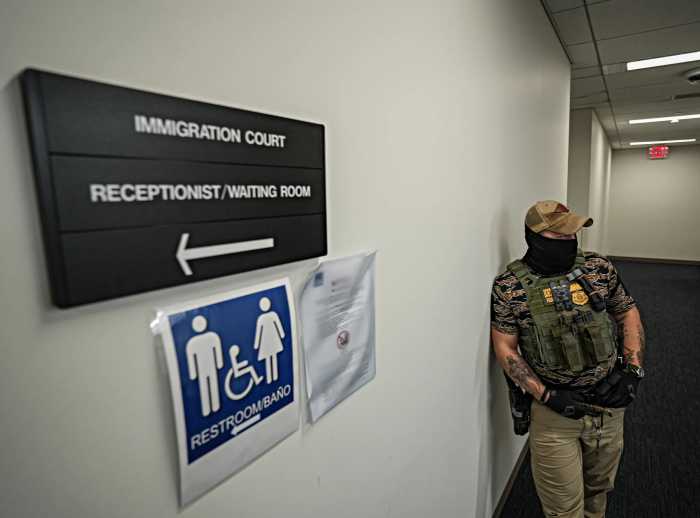By Julie Shapiro
Gov. David Paterson is pushing ahead with his plan to use $200 million in Battery Park City money to fill state budget gaps.
The deficit reduction plan, which the state Assembly and Senate passed Wednesday, would take the $200 million from a holding account of the authority’s excess revenue and transfer it to the state. The money in that account has always gone to the city in the past, where it was sometimes used for affordable housing.
Paterson’s grab for the money is not a done deal. Any use of the Battery Park City money requires the signoff of the city mayor and comptroller. Mayor Mike Bloomberg and Comptroller Bill Thompson have both said in the past that they want to see the money go toward affordable housing, though they could be open to a compromise.
State Sen. Daniel Squadron hopes the governor, mayor and comptroller will commit some money to affordable housing now and agree that all B.P.C. money will go toward affordable housing in the future.
“I haven’t heard the governor say he has a problem with a long-term commitment,” Squadron said this week before the D.R.P. passed. However, Squadron had hoped the agreement would come before Wednesday’s Senate vote, and it did not.
“I will continue to fight to ensure that any deficit reductions using Battery Park City surplus funds protect Battery Park City and fund affordable housing, immediately and in the future,” Squadron said in a statement after the vote. He ended up voting for the deficit reduction plan because he said the governor could have authorized the B.P.C. provision without the Legislature.
One possible compromise on the B.P.C. money that was floated last week would be for the state to get $200 million, the city to get $200 million and the B.P.C. Authority to borrow an additional $100 million for affordable housing, Squadron said. This plan, which is similar to one State Sen. Liz Krueger proposed earlier this fall, would only be acceptable to Krueger and Squadron if there were an ironclad commitment that all B.P.C. money in the future would be used for affordable housing.
The mayor’s office said this week that no agreement had been reached. Thompson and Comptroller-elect John Liu did not return calls for comment this week.
Asked about a compromise earlier this week, Krueger said it was hard for her to know what to comment on.
“If I sound a little irritated, I am,” Krueger said, “because the governor’s proposals change several times a day.”
Matt Anderson, spokesperson for the governor, confirmed that the governor had offered to put $100 million of authority money toward affordable housing as part of a proposed deal, but he did not say anything about a long-term affordable housing plan.
Benjamin Dulchin, with the Association for Neighborhood and Housing Development, said now is the time to press the mayor and comptroller on the affordable housing money.
“What’s in the deficit reduction plan is not necessarily bad as long as the comptroller and mayor are firmly committed to the Battery Park City money…going to affordable housing [now and in the future],” Dulchin said. “The ball is now in the city’s court.”
Community Board 1’s B.P.C. Committee weighed in on the debate with a strongly worded resolution opposing the state’s use of the money on Tuesday. The funds under discussion come from the ground rents paid by property owners in Battery Park City.
Linda Belfer, chairperson of the B.P.C. Committee, said she had always disliked the idea of the B.P.C. revenue leaving the neighborhood and going toward affordable housing in other parts of the city — but she said it was even worse for the money to go all over the state.
“Even if it was $2.50, I don’t think it should come out of Battery Park City revenues,” Belfer said.
Julie@DowntownExpress.com

























